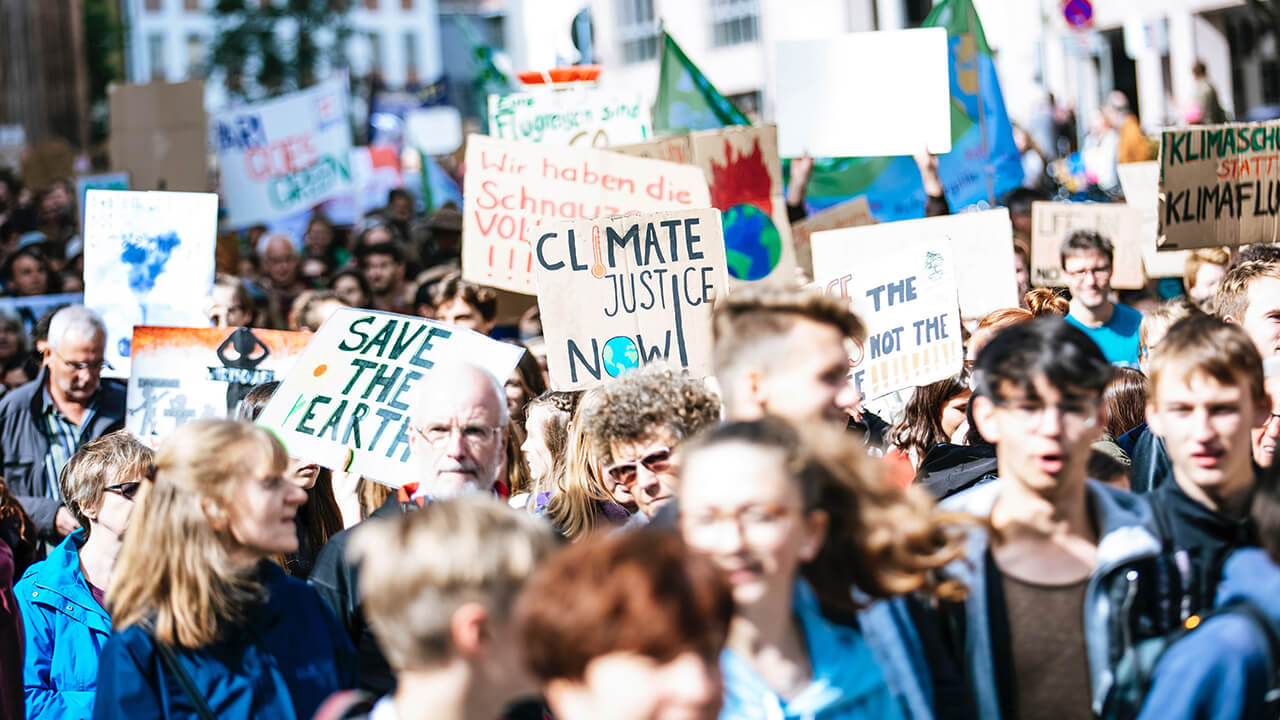Political Activism Impact: Unveiling the Influence
Explore the transformative power of political activism. Discover the effects of grassroots movements and their societal impact.

The Transformative Power of Political Activism and Grassroots Movements
Political activism and grassroots movements have long been instrumental in shaping the course of human history. These dynamic forces have ignited change, challenged the status quo, and given voice to marginalized communities. In this era of increasing social and political consciousness, the impact of political activism and grassroots movements cannot be overstated. This blog explores the profound influence these movements have had on society, politics, and the world at large.
The Power of Political Activism
Political activism encompasses a wide range of actions and strategies aimed at influencing government policies and decisions. It includes demonstrations, protests, lobbying, advocacy, and direct engagement with lawmakers. The impact of political activism can be observed through the following lenses:
Policy Change: Political activism has been responsible for significant policy changes throughout history. For instance, the Civil Rights Movement in the United States led to landmark legislation like the Civil Rights Act of 1964 and the Voting Rights Act of 1965, which dismantled segregation and expanded voting rights.
Awareness and Education: Activist movements play a pivotal role in raising awareness about important issues. They use rallies, social media, and public campaigns to educate the public, making it impossible for governments to ignore pressing problems such as climate change, income inequality, or racial injustice.
Social Progress: Activism has been a driving force behind social progress. Movements advocating for LGBTQ+ rights, women's rights, and disability rights have successfully challenged societal norms, leading to greater acceptance, inclusion, and equality.
Accountability: Activists hold governments accountable for their actions and decisions. They demand transparency, accountability, and justice, ensuring that those in power are answerable to the people they serve.
The Impact of Grassroots Movements
Grassroots movements, in contrast, are characterized by their decentralized nature and reliance on local communities to drive change. They often begin at the grassroots level, gaining momentum and support as they grow. Here are some key ways in which grassroots movements have made their mark:
Community Empowerment: Grassroots movements empower communities to take control of their own destinies. They give individuals a sense of agency, fostering self-reliance and community cohesion.
Bottom-Up Change: Unlike top-down approaches, grassroots movements start from the bottom and build upwards. They prioritize the needs and voices of local people, making them more attuned to the realities on the ground.
Innovative Solutions: These movements often bring fresh perspectives to long-standing problems. Local communities are best equipped to devise innovative solutions tailored to their unique challenges.
Political Engagement: Grassroots movements are a catalyst for increased political engagement. They encourage citizens to participate in local politics, run for office, or support candidates who align with their values.
Examples of Impactful Movements
To better understand the profound impact of political activism and grassroots movements, let's examine a few notable examples:
The Arab Spring: Beginning in 2010, a series of grassroots movements and protests swept across the Arab world, demanding political reform, freedom, and democracy. These movements led to the overthrow of several authoritarian regimes and initiated significant political changes in the region.
#BlackLivesMatter: The Black Lives Matter movement emerged in response to systemic racism and police violence against Black individuals in the United States. It has raised awareness about racial injustice, inspired global solidarity, and pushed for police reform.
Fridays for Future: Started by young activist Greta Thunberg, this grassroots climate movement has mobilized millions of people worldwide to demand urgent action on climate change. It has influenced policy discussions, prompting governments to take steps toward a greener future.
The Role of Technology in Modern Activism
In the digital age, technology has become an indispensable tool for political activism and grassroots movements. Social media platforms, in particular, have played a pivotal role in mobilizing and amplifying these movements. Here's how technology has impacted the landscape of activism:
Global Reach: Social media allows activists to reach a global audience instantaneously. Movements that may have remained localized in the past can now gain international support and solidarity. For instance, the #MeToo movement, which began as a grassroots campaign, spread rapidly worldwide, highlighting the pervasive issue of sexual harassment.
Information Dissemination: Activists can share information, videos, and live updates in real-time, helping to document events, garner public support, and expose injustice. Livestreaming, in particular, has been instrumental in providing transparency during protests and demonstrations.
Networking and Organization: Digital platforms enable activists to network, coordinate actions, and organize events with greater ease. Tools like WhatsApp, Telegram, and Signal have been crucial for secure communication and planning among activists.
Fundraising and Resource Mobilization: Online crowdfunding and fundraising platforms have made it easier for grassroots movements to secure financial resources for their activities. This financial independence can reduce the influence of external interests.
Awareness Campaigns: Hashtags, memes, and viral challenges are powerful tools for raising awareness and sparking conversations. Campaigns like the Ice Bucket Challenge and the ALS Association's fundraising efforts are prime examples of how digital campaigns can have a significant impact.
Challenges and Pitfalls
While technology has undoubtedly expanded the reach and impact of political activism and grassroots movements, it also presents challenges and pitfalls:
Misinformation: The rapid spread of information can also lead to the rapid spread of misinformation. Activists must be vigilant about fact-checking and verifying sources to maintain credibility.
Digital Surveillance: Governments and authorities have also harnessed technology to monitor and suppress activist movements. It's crucial for activists to employ secure communication methods to protect themselves and their supporters.
Online Echo Chambers: Social media algorithms can create echo chambers where people only interact with those who share their views. This can hinder productive dialogue and make it difficult to reach those outside the movement.
Burnout and Mental Health: The constant pressure of being connected and the expectation of immediate responses can lead to burnout and mental health issues among activists. Self-care and community support are essential.
Over-reliance on Technology: While technology is a valuable tool, it should complement, not replace, physical activism and face-to-face organizing. Building relationships and trust within communities is often best achieved offline.
Political activism and grassroots movements remain dynamic and vital forces for change in our world. Their impact is broad, affecting policy, society, and individual lives. The integration of technology has made these movements more visible, accessible, and influential than ever before. However, with this great power comes responsibility. Activists must navigate the challenges of the digital age while remaining true to their values and objectives.
As we move forward, it's essential to recognize that these movements are not monolithic but diverse in their goals, strategies, and tactics. They encompass civil rights, environmental justice, gender equality, LGBTQ+ rights, and many other causes, each with its unique challenges and opportunities. By actively supporting and participating in these movements, we can contribute to a more equitable, just, and compassionate world for all. The transformative power of political activism and grassroots movements is a testament to the enduring spirit of human resilience and the pursuit of a better future.
What's Your Reaction?
















